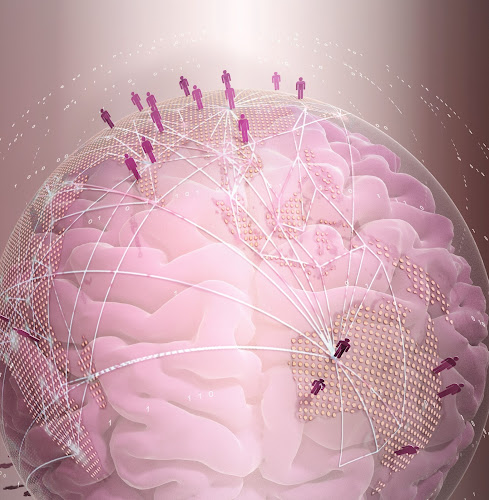 |
| Photo Credit: Vitolda Klein |
While not all impulsive behavior speaks of mental illness, a wide range of mental health disorders which often emerge in adolescence, including depression and substance abuse, have been linked to impulsivity. So, finding a way to identify and treat those who may be particularly vulnerable to impulsivity early in life is especially important.
A group of researchers, led by scholars at McGill University, have developed a genetically based score which could help identify, with a high degree of accuracy (greater than that of any impulsivity scores currently in use), the young children who are most at risk of impulsive behavior.
Their findings are especially compelling because the score they have developed was able to detect those at a higher risk of impulsivity within three ethnically diverse community samples of children, from a cohort of close to 6,000 children.
This discovery of a novel score for impulsivity in early life can inform prevention strategies and programs for children and adolescents who are at risk for psychiatric disorders. In addition, by describing the function of the gene networks comprising the score, the study can stimulate the development of new therapies in the future.









.jpg)
